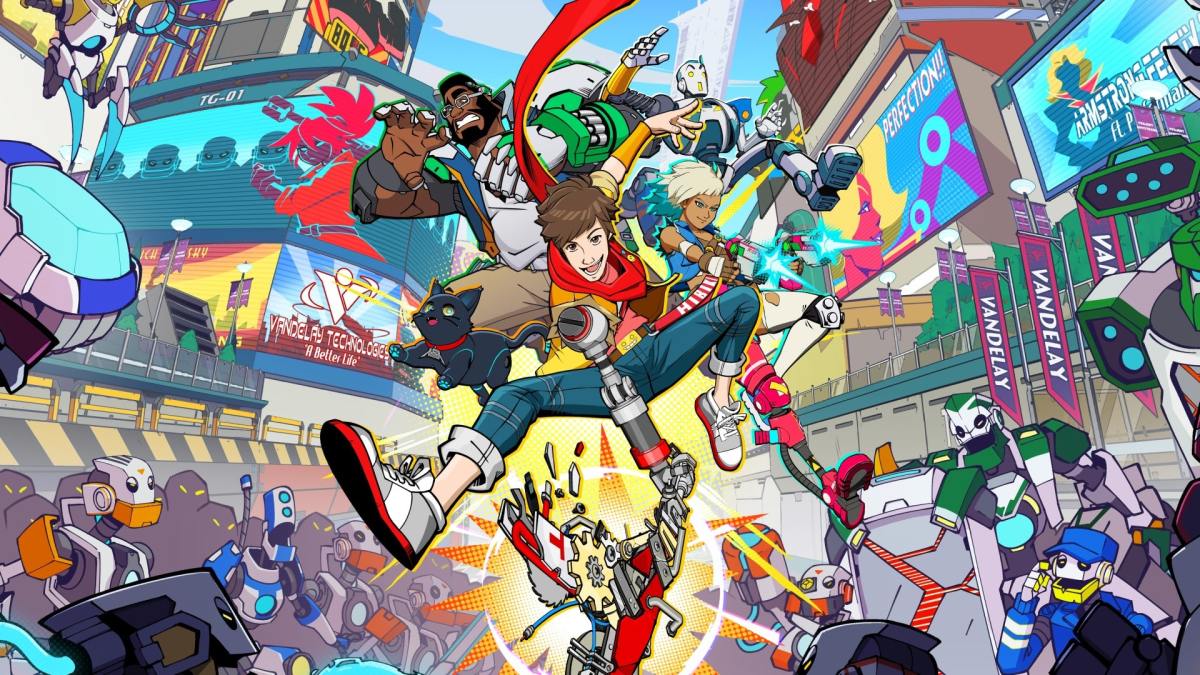Krafton CEO Changhan ‘CH’ Kim has spoken more about the company’s recent acquisition of Tango Gameworks in a new interview, calling it a strategic move to preserve the Tango legacy, and allow its developers to contribute more creative works to the world. Notably, Kim has acknowledged that while projects like a Hi-Fi Rush sequel may not be profitable in the long-term, that doesn’t matter as much as allowing the studio to continue crafting great, creative works.
Speaking to Game Developer, Kim shared fairly refreshing views on the value of creativity, and how a good game is more important than a profitable one.
“We wanted to help the team continue developing their games, but especially Hi-Fi Rush. When I think about our fans, I think what they really care about is Hi-Fi Rush sequels,” Kim explained of the acquisition. “We cannot really translate the volume into money. It’s more about the significance.”
Following the news that Microsoft would shutter Tango Gameworks, Krafton stepped in with a view to “minimise the gap” in the career of its developers, and get the team re-established as soon as possible. It acquired the Hi-Fi Rush IP only, as any further discussions would have likely lengthened the deal to acquire the studio.
Read: Krafton acquires Tango Gameworks, two months after studio closure
Kim told Game Developer the process is still being finalised, and that the deal was “not too expensive, or too cheap either.” Around half the original developers have been brought over as part of this deal, and there are plans to grow this number as Krafton works with Tango Gameworks on its next steps.
As part of these plans, Krafton aims to “champion creativity without fear of failure,” according to Game Developer. That means more reasonable expectations for game development, and a view to aim for creativity, rather than strict commercial viability.
“We can’t acquire Tango Gameworks based on their financials or their numbers, right? We don’t think Hi-Fi Rush 2 is going to make us money, to be frank,” Kim said. “But it’s part of our attempt. We have to keep trying [to develop games] in the spirit of challenge-taking.”
As Kim told Game Developer, Tango Gameworks is a creative studio that always wants to try something new, and that’s what the game industry currently needs. He has acknowledged this comes with financial risk, but said that having more, different projects in the Krafton lineup is still a way to mitigate risk, as “one of them might work out.”
“Just recoup the production costs, please, is what I say. But that in itself is a pretty big challenge,” Kim said. “If you try doing that, you might actually land a big hit. I don’t trust people who say ‘oh, this is going to be a hit.’ I want someone who can try something new.”
Kim has enthused about Tango Gameworks’ potential in that regard, labelling it a team that Krafton wants under its umbrella – for its creative ideas and potential, not just its financial contributions.





